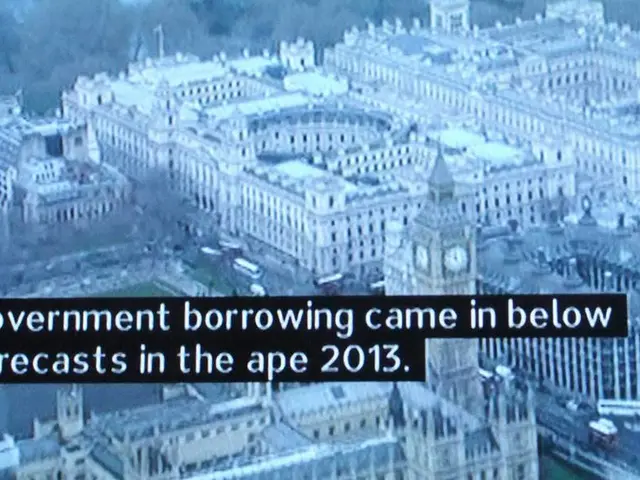EU intends to halt Russian energy imports by the year 2027's finale.
The European Commission declared on Tuesday its intention to put forward legislative actions to chop out Russian oil and gas imports by the end of 2027. The Commission is looking to sever decades-long energy partnerships with ex-prime gas provider Russia, responding to Russia's aggressive actions.
Ousting Russian Energy Imports
As part of the plan, the Commission intends to:
- Ban New Gas Deals: Intend to forbid new gas agreements with Russia, with an end to short-term market buys by 2025 and long-term contracts by 2027[2][4].
- Dissolve Long-term Contracts: By 2027, long-term contracts — which account for two-thirds of Russian gas imports — will be phased out[4].
- Clamp Down on Shadow Fleet: Implement measures to curb the secretive vessels that smuggle Russian oil, effectively ending all Russian oil imports[4].
- Each State's Plan: Each EU member state will have to draft a national agenda outlining how they intend to wipe out Russian gas, nuclear, and oil from their energy supply[4][5].
- Legalize the Phase-out: The Commission will unveil legislative proposals to codify these measures, setting the stage for a gradual and concerted phase-out throughout the EU[5].
- Tackle Nuclear Imports: The Commission will also propose measures to slash imports of Russian nuclear fuel and uranium[2][4].
Plan of Attack
The strategy combines reducing the EU's Russian energy dependency by ramping up renewable energy and tapping into additional global LNG (Liquefied Natural Gas) supplies. The approach aims to mitigate any potential impact on security of supply and prices, using EU energy objectives and regulatory norms to hasten this transformation[1][3].
- The European Commission's legislative actions could lead to a decrease in financing for the Russian energy industry, as the intent is to halt new gas deals and phase out long-term contracts by the end of 2027.
- The policy-and-legislation aimed at ousting Russian energy imports could reshape the energy sector, potentially influencing the general news and even the politics of energy supply within the European Union.
- As part of the strategy to chop out Russian oil and gas imports, the Commission is seeking to clamp down on the shadow fleet responsible for smuggling Russian oil, demonstrating a commitment to general news and politics that prioritize transparency and fairness in the finance sector.







